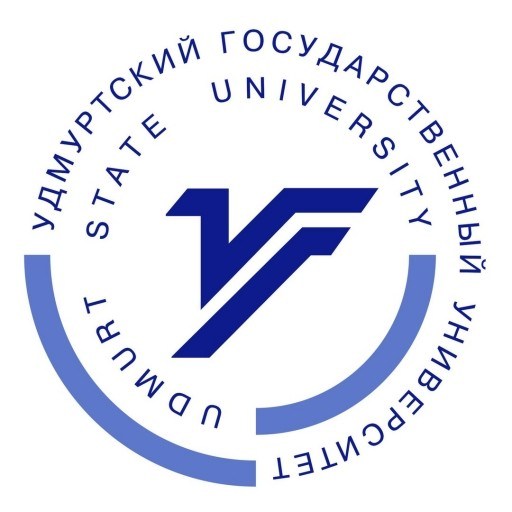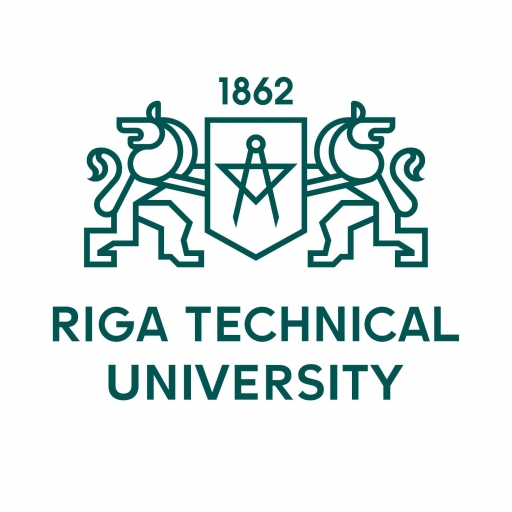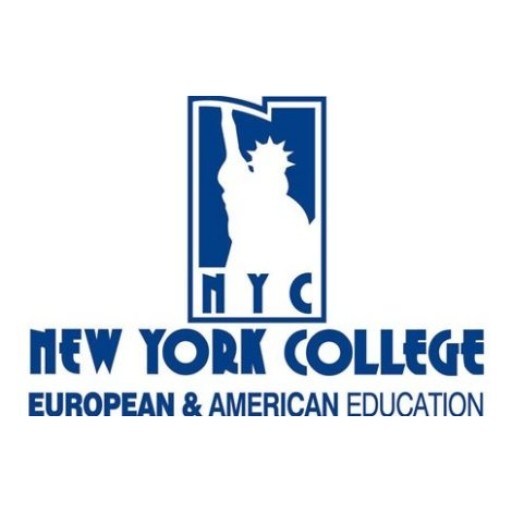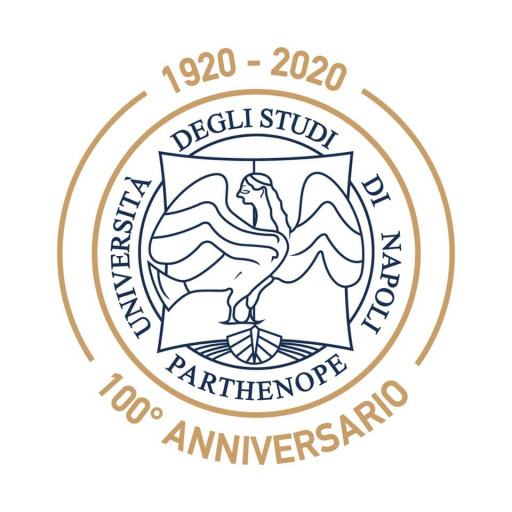Photos of university / #chalmers.university
The Master's Programme in Computer Systems and Networks at Chalmers University of Technology is a comprehensive two-year advanced degree designed to equip students with in-depth knowledge and practical skills in the fields of computer systems, networking, and information security. This programme provides a broad understanding of modern computer hardware, software, and network infrastructures, enabling graduates to design, analyze, and optimize complex computing systems and communication networks. The curriculum combines theoretical foundations with hands-on experience, covering areas such as distributed systems, cloud computing, network architecture, cybersecurity, and network protocols. Students will have the opportunity to work on cutting-edge projects and research collaborations, preparing them for roles in industry, research, or academia. The programme emphasizes problem-solving, innovation, and critical thinking, fostering the ability to address real-world challenges in digital communication and data management. Throughout the studies, students can benefit from the state-of-the-art laboratories and facilities at Chalmers, as well as opportunities for internships and international exchanges. Graduates will be equipped with the competencies needed to contribute to the development of efficient, secure, and scalable computer networks and systems, making them highly sought-after in the rapidly evolving tech industry. Upon completion of the programme, students will be prepared for careers as network engineers, systems architects, security analysts, or pursuing doctoral studies in computer science and related fields. The Master's Programme in Computer Systems and Networks is ideal for students interested in specializing in the design, implementation, and management of modern computer networks and systems, playing a key role in the digital transformation across industries and society.
The Bachelor’s Programme in Computer Systems and Networks at Chalmers University of Technology offers a comprehensive education in the design, development, and management of modern computer systems and communication networks. This interdisciplinary program is tailored to equip students with the technical skills and theoretical knowledge necessary to understand and innovate within the rapidly evolving fields of computer hardware, software, and network infrastructure. Throughout the program, students will explore core topics such as operating systems, network protocols, cybersecurity, distributed systems, and computer architecture, ensuring a solid foundation in both hardware and software aspects of computing.
The curriculum emphasizes hands-on learning through laboratory work, project assignments, and industry collaborations, which prepare students to solve real-world problems in areas such as data communication, network security, cloud computing, and embedded systems. Students will also develop critical skills in programming, system analysis, and design, as well as an understanding of the social and ethical implications of technology. The program encourages innovation and creativity, fostering a mindset geared toward continuous learning and adaptation in a field characterized by rapid technological advancements.
In addition to technical coursework, students will engage in courses related to project management, communication, and teamwork to enhance their career readiness. The program is designed to be flexible, offering opportunities for specialization through elective courses and possible internship placements. Graduates will be well-prepared for careers in IT consultancy, network design and administration, cybersecurity, software development, or further studies at master’s level. With a focus on sustainable and secure computing, the programme aims to produce graduates who can contribute to the development of advanced, reliable, and innovative networked systems that meet societal needs.
The Bachelor's Programme in Computer Systems and Networks at Chalmers University of Technology is designed to provide students with a comprehensive understanding of computer systems, networking, and information technology infrastructures. The program emphasizes both theoretical foundations and practical skills, preparing graduates for careers in designing, implementing, and managing complex computer networks and systems. Students will undertake courses covering key areas such as computer architecture, operating systems, network protocols, cybersecurity, and programming. The curriculum is structured to offer a solid foundation in mathematics, algorithms, and systems engineering, enabling students to analyze and develop efficient solutions in the field of computer networks.
Admission requirements typically include a Swedish upper secondary school diploma or equivalent, with specific emphasis on coursework in mathematics, physics, and computer science. International applicants must demonstrate proficiency in English, often through standardized tests such as IELTS or TOEFL. Additionally, prerequisites may include fundamental knowledge of programming and mathematics to ensure students are prepared for advanced technical courses. The program encourages active participation in project work, laboratories, and teamwork to develop problem-solving abilities and collaborative skills.
Applicants are expected to possess an interest in technology and a strong motivation for learning about network and system design. The program is conducted predominantly in English and aims to foster innovative thinking, critical analysis, and lifelong learning. Graduates of this program will be equipped with the necessary knowledge and skills to pursue careers in network engineering, system administration, cybersecurity, or continue their studies in master's programs related to computer science and engineering. The program also promotes engagement with industry through internships and collaborations, ensuring that students gain practical experience alongside theoretical knowledge.
Funding for the Computer Systems and Networks master's program at Chalmers University of Technology can be obtained through various channels. International students are often encouraged to explore scholarships, grants, and tuition waivers offered by the university and external organizations. Chalmers provides a range of scholarships aiming to promote diversity and support talented students from around the world. These scholarships typically cover partial or full tuition fees and are awarded based on academic excellence, motivation, and other criteria set by the scholarship providers.
In addition to university-specific scholarships, students may seek financial support from government programs, such as national scholarship schemes or regional funding opportunities, depending on their country of origin. Some students also consider external funding from private foundations, international organizations, and industry partnerships that support technological education and research.
Students are advised to explore options early in their application process, as many funding opportunities have specific deadlines and application procedures. It is also recommended to check with the university’s financial aid office for personalized advice and updated information on available support. While studying in Sweden, students might also have access to part-time work opportunities, which can help supplement their income.
Overall, pursuing a master's degree at Chalmers University of Technology involves careful planning for financing studies. The university’s supportive approach and extensive scholarship programs are designed to make higher education accessible to talented students regardless of financial background. Students should also consider personal savings, family support, and potential student loans as part of their comprehensive financial planning strategies.
The Master’s programme in Computer Systems and Networks at Chalmers University of Technology offers students an in-depth education in the design, development, and management of complex computer systems and networks. The programme is designed to equip students with advanced knowledge and practical skills necessary for understanding modern computing infrastructures, including hardware architectures, communication protocols, distributed systems, cybersecurity, and cloud computing. Students gain a comprehensive understanding of how computer networks operate, how to optimize system performance, and how to ensure security and robustness in various applications. The curriculum combines theoretical foundations with practical laboratory work, project assignments, and collaboration with industry partners, preparing graduates for careers in academia, industry, or research institutions. The programme typically covers core topics such as network architecture, network security, wireless communication, network protocols, data management, and distributed algorithms. It emphasizes innovation in areas such as Internet of Things (IoT), 5G telecommunications, and data centers. Students also have opportunities to participate in cutting-edge research projects, develop their own solutions to real-world problems, and engage with industry-standard tools and technologies. The programme often requires a first-cycle degree in a relevant field such as Computer Science, Electrical Engineering, or Information Technology. Upon graduation, students receive a Master of Science (MSc) degree, which qualifies them for further research or professional opportunities in the rapidly evolving field of computer systems and networks. The university supports students through dedicated academic advisors, research centers, and collaborations with industry leaders, ensuring students gain both theoretical knowledge and practical experience aligned with current market needs. The programme encourages international mobility and includes options for exchange studies, internships, and collaborative projects across different countries and institutions. Overall, it aims to produce highly skilled engineers capable of developing and maintaining the technological backbone of modern digital society.









